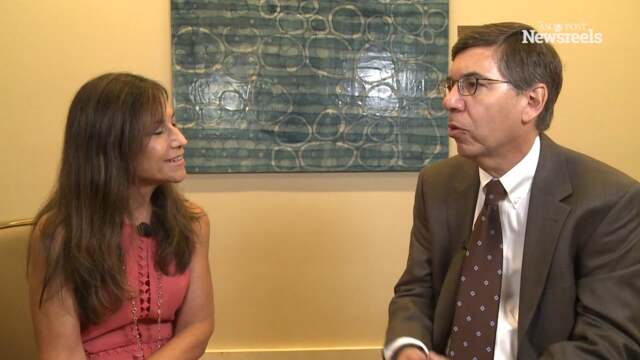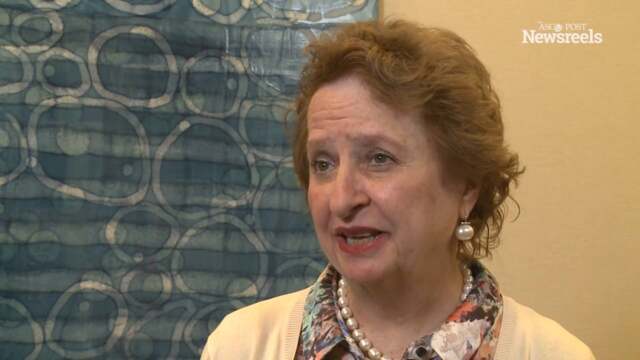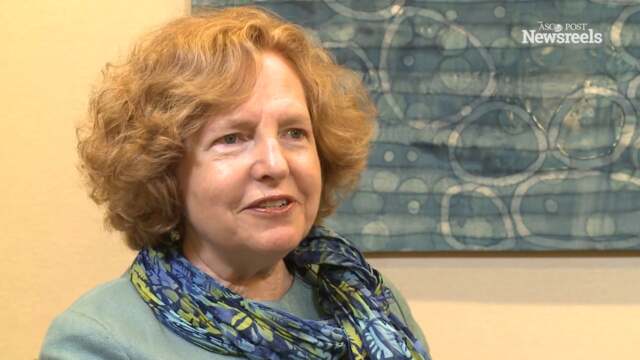Christopher J. Recklitis, PhD, MPH, on The Risk of Suicide After a Cancer Diagnosis
2015 IPOS APOS World Congress of Psycho-Oncology
Christopher J. Recklitis, PhD, MPH, of the Dana-Farber Cancer Institute, discusses what is known about suicide after cancer, the risks faced by prostate cancer patients within the first year after diagnosis, and challenges across the treatment trajectory
Robert T. Croyle, PhD
Robert T. Croyle, PhD, of the National Cancer Institute, discusses the research program on the variation in the quality of cancer care, our ability to monitor quality and measure outcomes, and understand the psychosocial aspects of care.
Lori Wiener, PhD, DCSW, LCSW-C, and Paul B. Jacobsen, PhD
Lori Wiener, PhD, DCSW, LCSW-C, of the National Cancer Institute, and Paul B. Jacobsen, PhD, of the Moffitt Cancer Center, discuss the highlights of this year’s meeting, which for the first time brings together the international and American psychosocial oncology societies.
Andrea F. Patenaude, PhD
Andrea F. Patenaude, PhD, of Dana-Farber Cancer Institute, discusses the challenges to implementing standards for pediatric and adolescent psycho-oncology and looks ahead at next steps in the field.
Julia H. Rowland, PhD
Julia H. Rowland, PhD, of the National Cancer Institute, discusses the growing number of promising interventions to improve health and function for those living with and beyond a cancer diagnosis, as well as those who care for and about them.
Irene Higginson, MD
Irene Higginson, MD, of Cicely Saunders International, discusses the goals of psychosocial palliative care for patients around the world with advanced cancer.





